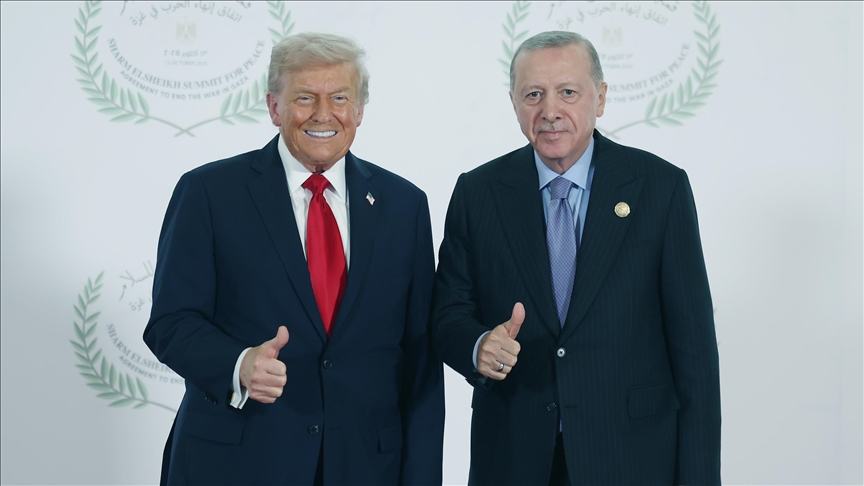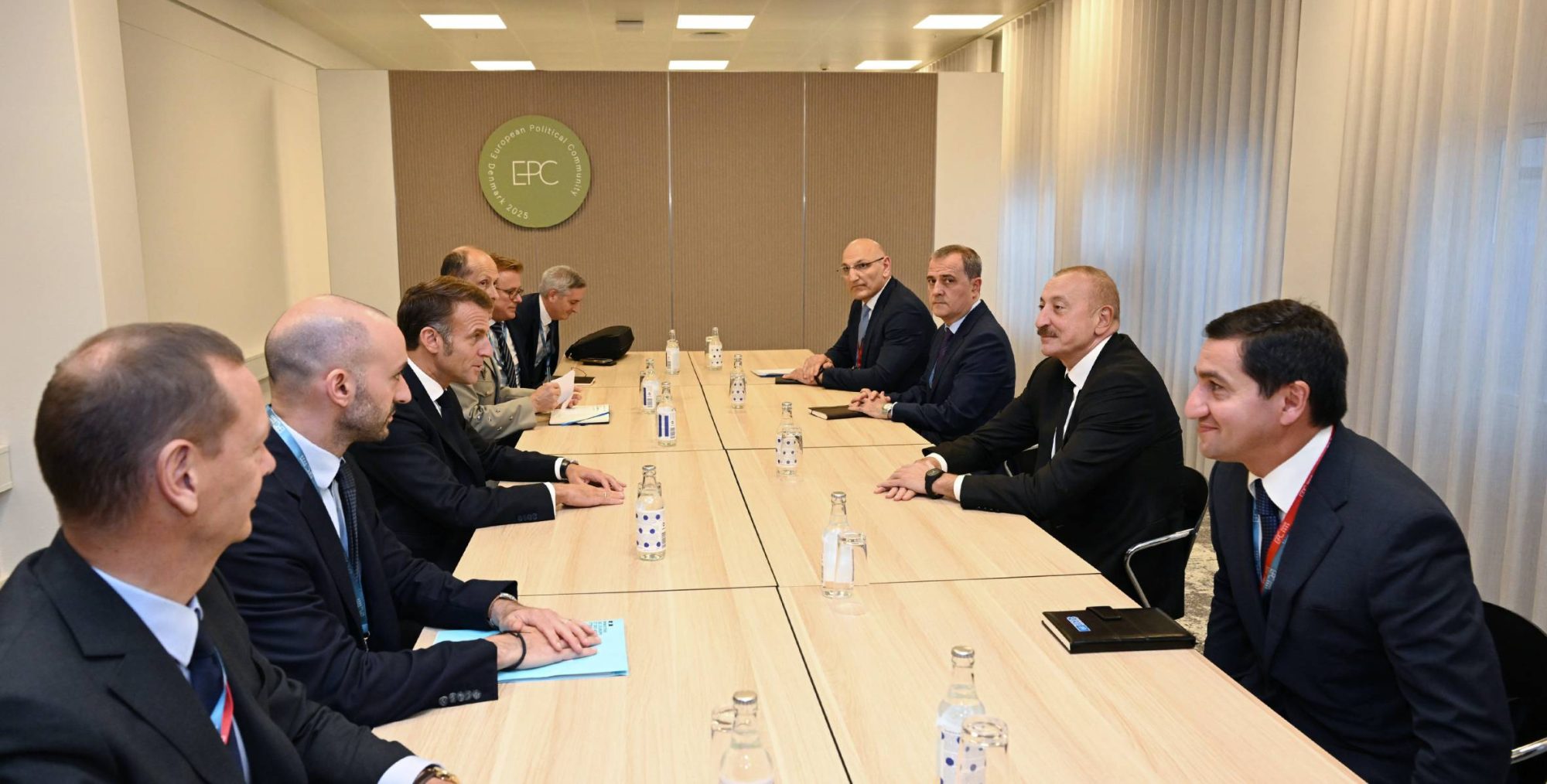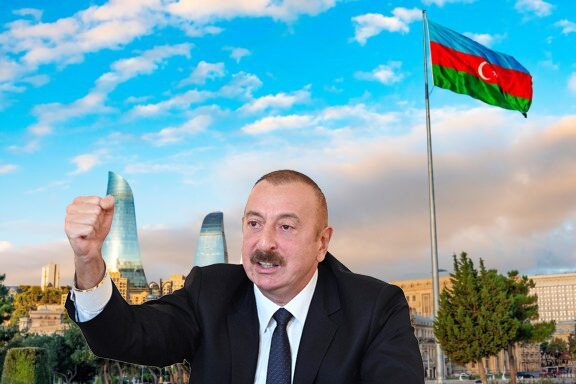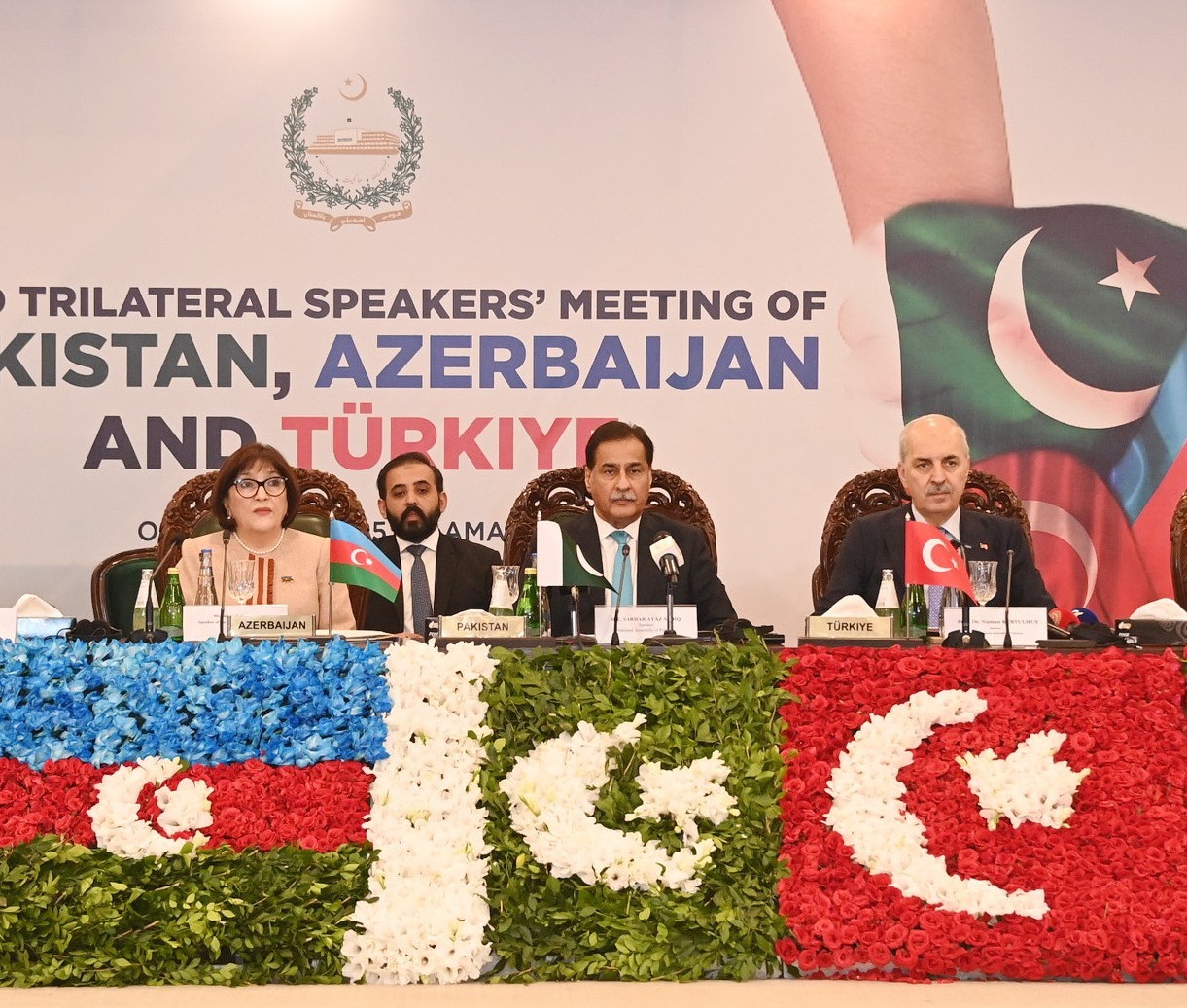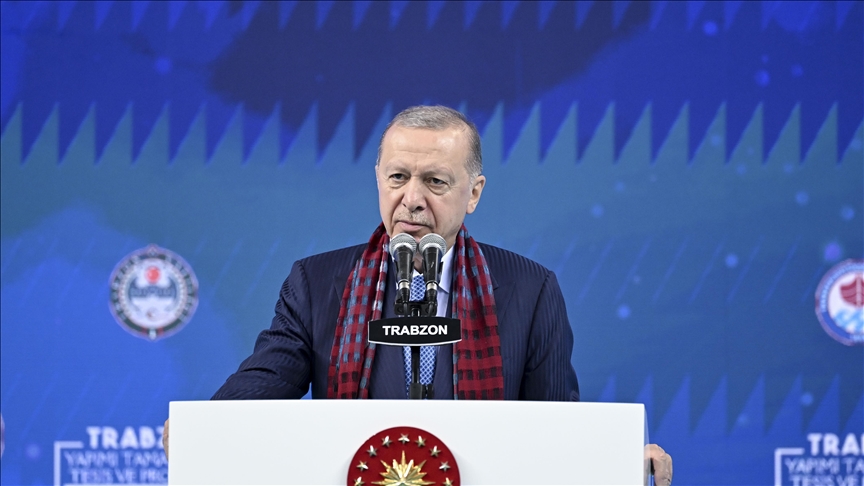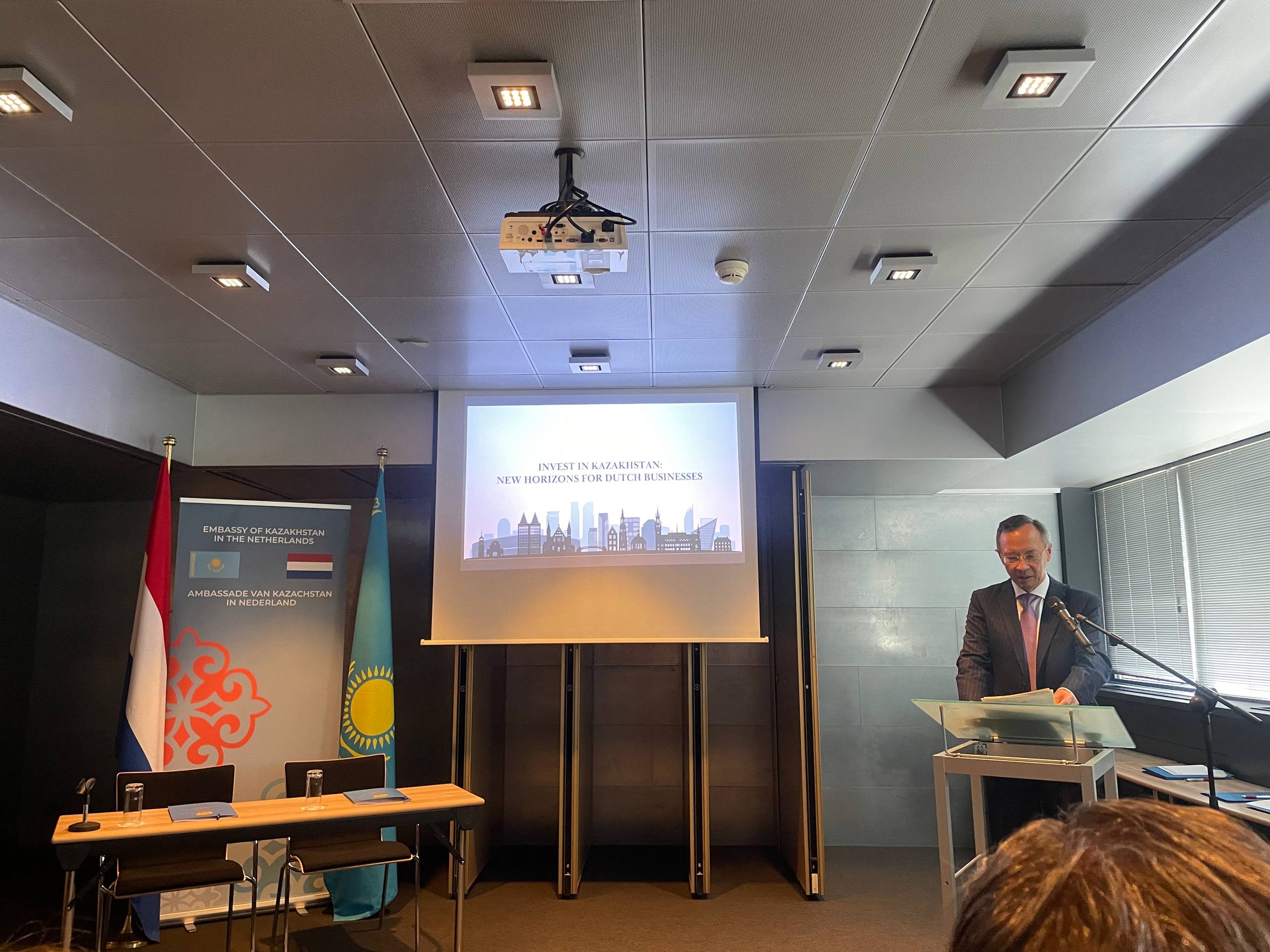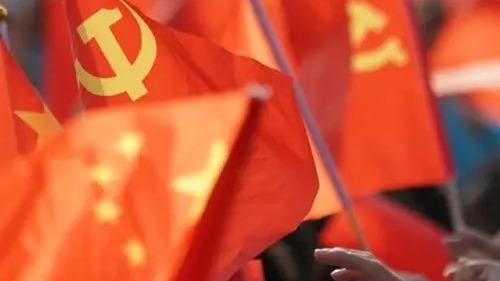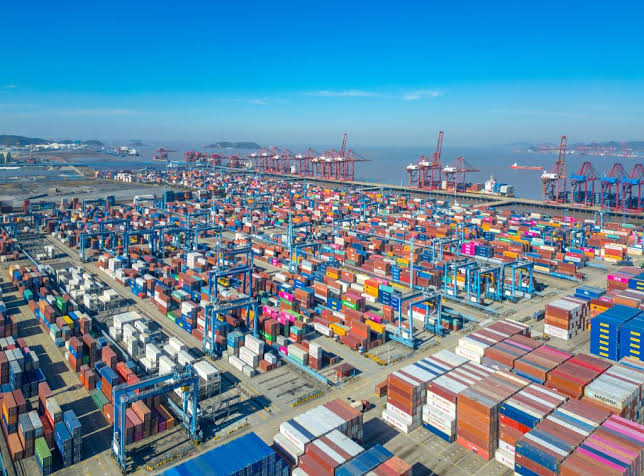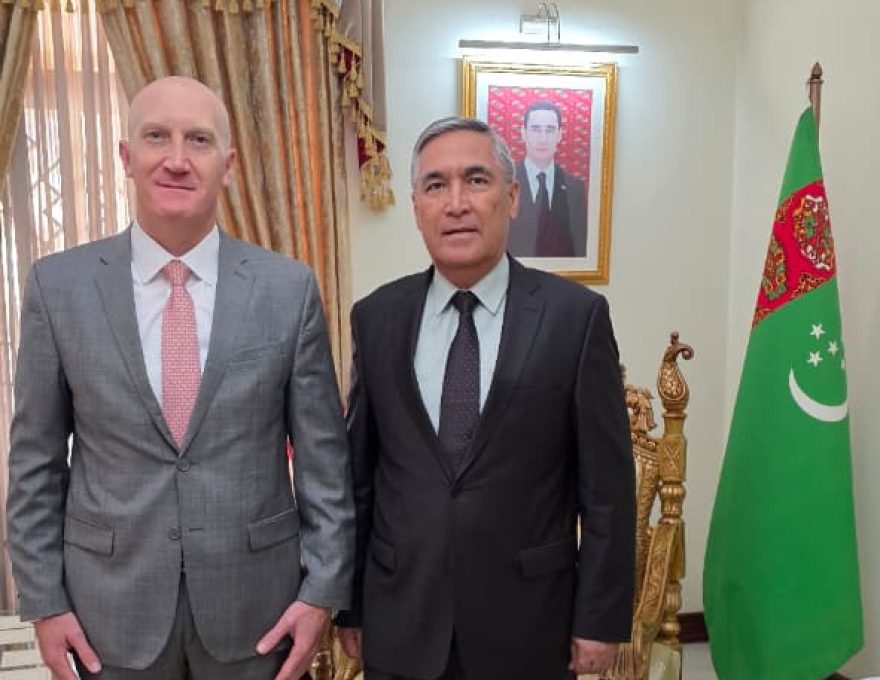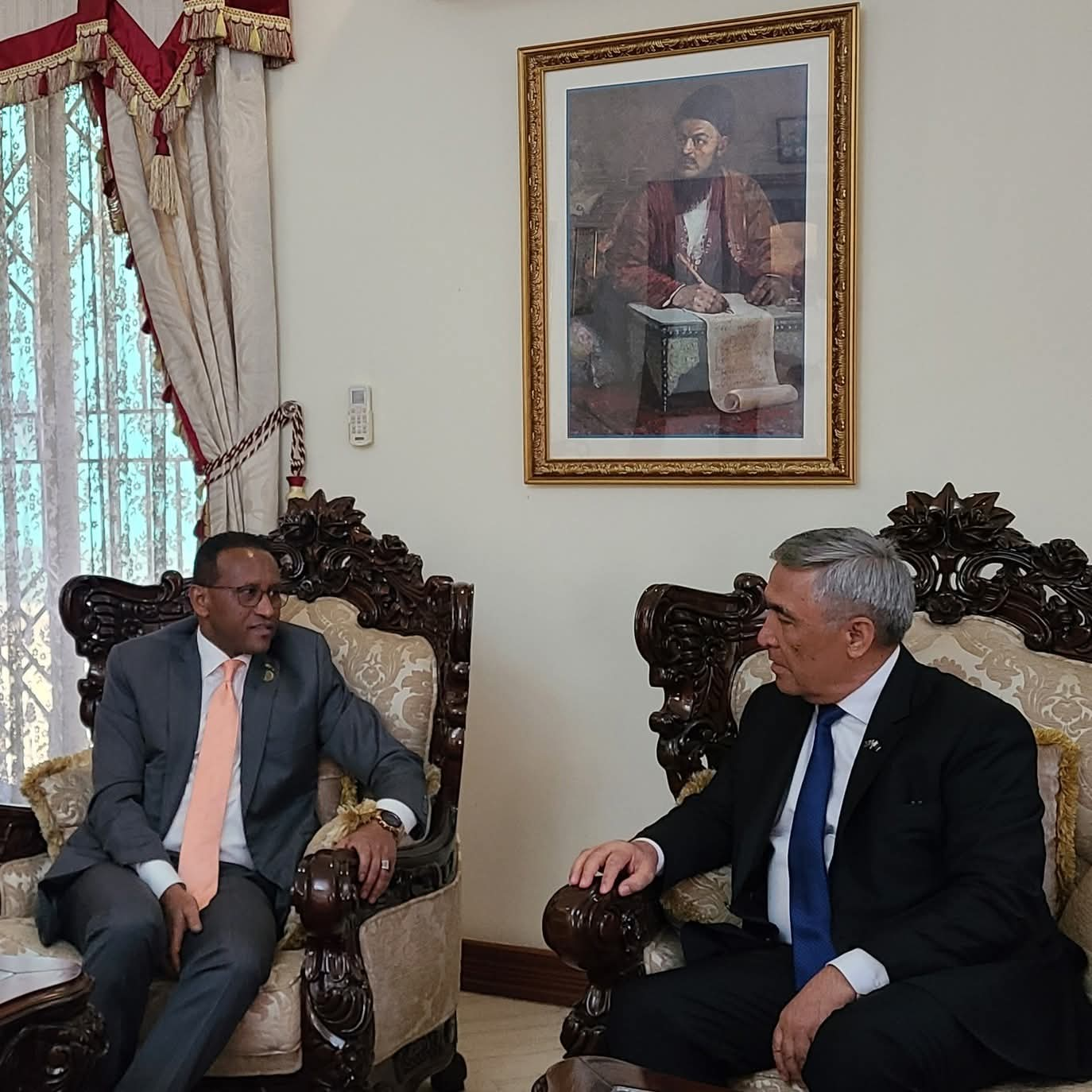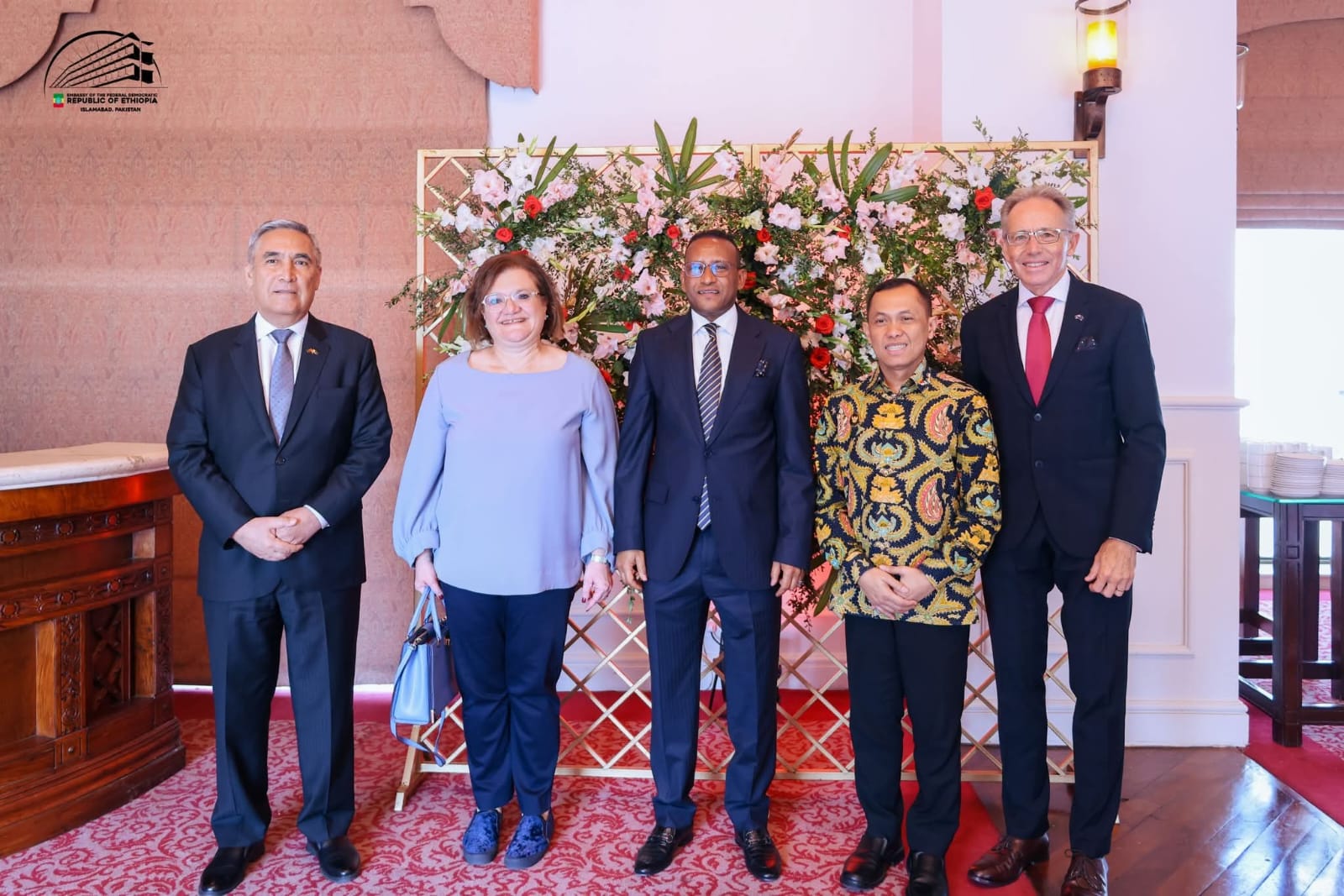1. Introduction
In the context of growing multipolarity and intensified geopolitical shifts, the cooperation between Uzbekistan and Türkiye stands as a central pillar of Eurasian strategic connectivity. The 2025 Forum reaffirmed the two nations’ shared commitment to strengthening ties in education, economy, culture, and technology while laying the groundwork for institutionalized academic diplomacy within the broader framework of the Organization of Turkic States (OTS).
The forum assembled high-level diplomats, scholars, and researchers to analyze how bilateral relations can evolve into a model of multidimensional cooperation that bridges Central and Western Asia through mutual trust, technological advancement, and cultural solidarity.
2. Opening Session: Shared Heritage, Shared Future
In their keynote remarks, UWED Rector and First Deputy Chair of the Senate Sodiq Safoyev, Ambassador of Türkiye to Uzbekistan Dr. Ufuk Ulutaş, OTS Deputy Secretary-General Mirvohid Azimov, Ibn Haldun University President Prof. Dr. Atilla Arkan, and Rector of the Ankara University of Social Sciences Prof. Dr. Mesut Özcanemphasized the strategic depth of the Ankara–Tashkent partnership.
Speakers underscored that the essence of this cooperation transcends traditional diplomacy — evolving into a knowledge-based alliance driven by education, innovation, and institutional collaboration. Safoyev described it as “a multilayered and mutually reinforcing partnership,” while Özcan referred to it as “a vision for the collective prosperity of the Turkic world.”
3. Session I: New Horizons of Strategic Cooperation
Chaired by Odil Gafforov, Deputy Director of IXTI, the session titled “Uzbekistan–Türkiye: New Horizons of Strategic Cooperation” addressed pressing themes such as geopolitical alignment, energy security, digital transformation, and cultural diplomacy.
Key insights included:
- The establishment of joint digital innovation centers focusing on artificial intelligence, blockchain, and cybersecurity.
- Integration of infrastructure and logistics networks through Trans-Caspian transport corridors.
- Advancement of cultural and educational diplomacy to shape a cohesive Turkic identity.
Participants concluded that Uzbekistan and Türkiye are not merely linked by shared history, but by a forward-looking technological vision that positions both as leading architects of Eurasia’s digital economy.
4. Session II: Security and Multilateral Cooperation within the OTS Framework
Led by Prof. Dr. Yaşar Sarı, the second session titled “Security, Connectivity, and Multilateral Relations among OTS Member States” explored the Organization of Turkic States’ expanding role as a platform for ensuring stability and fostering cross-border cooperation.
Discussions revolved around:
- The creation of joint security mechanisms within the OTS.
- Addressing emerging challenges such as terrorism, irregular migration, and cyber threats.
- Enhancing collective resilience through coordinated defense diplomacy and regional policy alignment.
Panelists emphasized that the Turkic world’s strength lies not only in cultural unity but also in its ability to synchronize political and security strategies across Eurasia’s complex landscape.
5. Session III: Navigating a Fragmented World Order
Under the moderation of Prof. Ulugbek Khasanov (UWED), the third session, “Navigating the Fragmented World Order,” analyzed how the rise of global polarization and the erosion of multilateral institutions reshape the strategic environment for middle powers such as Uzbekistan and Türkiye.
Discussions highlighted Türkiye’s flexible foreign policy strategy and Uzbekistan’s balanced diplomacy, positioning both as adaptive actors capable of mediating regional crises while pursuing pragmatic and diversified partnerships.
Hasanov argued that the Turkic world is no longer a historical concept but “a rising civilizational force within the 21st-century Eurasian architecture.”
6. Academic Cooperation and Intellectual Diplomacy
Beyond political and strategic discussions, the forum also featured the presentation of newly published academic works by Uzbek and Turkish scholars. These publications showcased the growing intellectual connectivity between the two nations.
In the closing session, UWED First Vice-Rector Akram Umarov and Prof. Dr. Yaşar Sarı expressed gratitude to participants, noting that the Forum represents a milestone toward institutionalizing academic dialogue between Uzbekistan and Türkiye.
7. Future Perspectives: Strategic Roadmap for the Next Decade
The Forum concluded with a shared vision for the next decade of bilateral cooperation structured along three strategic pillars:
7.1 Academic Diplomacy and Knowledge Networks
- Establishment of joint PhD and exchange programs among Turkic universities.
- Creation of a Eurasian Academic Consortium to facilitate joint research, policy studies, and youth leadership programs.
7.2 Economic and Digital Transformation
- Development of joint innovation parks focusing on AI, green energy, and logistics technologies.
- Combining Uzbekistan’s geographical advantage with Türkiye’s industrial capacity to create the digital backbone of the New Silk Road.
7.3 Cultural and Civil Diplomacy
- Launch of joint media, film, and documentary projects to narrate the shared story of the Turkic world.
- Organizing youth exchanges, cultural festivals, and language programs to foster people-to-people connectivity.
These initiatives reflect a comprehensive vision of “Strategic Convergence in the Turkic Century,” emphasizing that bilateral cooperation is not merely transactional but transformative.
8. Conclusion
The Uzbekistan–Türkiye Strategic Vision Forum symbolized more than an academic dialogue — it was a manifestation of a civilizational partnership grounded in shared values, collective aspirations, and mutual trust. As Uzbekistan’s “Open Diplomacy and Connected Eurasia” agenda aligns with Türkiye’s “Century of the Turkic World” strategy, both nations are poised to lead a new wave of regional integration.
Ultimately, the forum reaffirmed that the future of the Turkic world depends on sustained intellectual collaboration, strategic innovation, and cultural unity, forming the cornerstone of a stable and interconnected Eurasian future.

